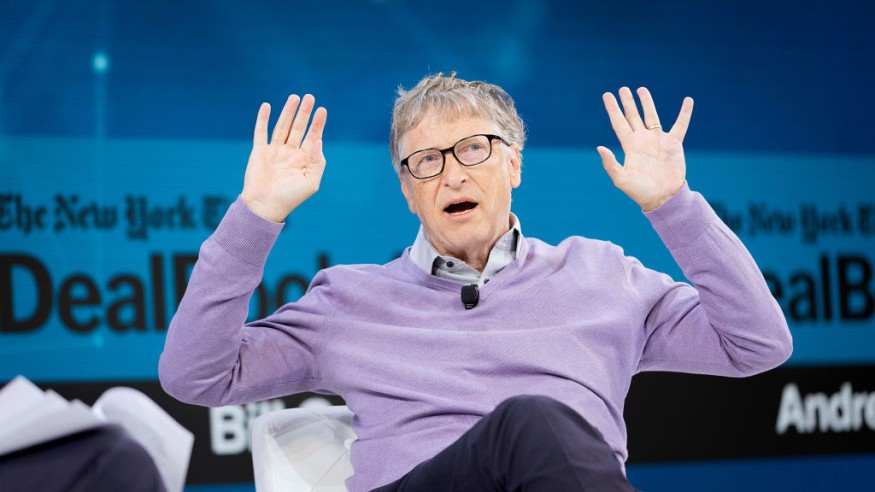You have probably heard of Bill Gates if you've lived on this planet in the last several years. He is the well-known Microsoft founder who has recently become a prominent philanthropist. More astonishing is that he made specific forecasts about technology a few decades ago.
Here are some Gates' predictions about the evolution of technology in an unearthed video in 1994.
Video Streaming Overtaking TV
Bill Gates said that video-on-demand was an apparent development in 1995 when individuals commonly taped shows for later watching or rented movies from video shops.
"Television has been around for fewer than 60 years, but in that time, it has become a major influence in the life of almost everyone in the developed nations," he said per INC.
But he also recognized that its time as an all-powerful force was coming to an end.
He added: "No broadcast medium we have right now is comparable to the communications media we'll have once the internet evolves to the point at which it has the broadband capacity necessary to carry high-quality video."

Wallet PC
In 1996, Bill Gates proposed the "Wallet PC." He characterized the invention as a "pager-sized computer fitted with a color screen similar to that of a common photographic film," according to Gigazine.net, and it can store items such as money, keys, ID cards, credit cards, tickets, and so on. It is characterized as a replacement for various essentials that you take with you.
He also predicted that the "Wallet PC" would be secured by a biometric, possibly a fingerprint, that you could use it to get into a concert or board an airplane, that it would replace paper money as a form of payment, and that it would alert you via speaker when your exit on the highway was approaching. He even guessed the price range from inexpensive enough to be disposable to $1,000 or more.
However, The US Sun reported that Gates' name was incorrect and that contactless payments were made using improved near-field communication (NFC) technology rather than infrared.
According to Gates (per Pandora FMs), the usage of financial services through smartphones will increase in the future, affecting developing nations.
Because of this advancement, billions of individuals who do not currently have a bank account will be able to open one and utilize it, improving their quality of life.
Where Bill Gates Got Wrong
However, there were other things Gates got incorrect, the most notable of which may be the "internet kiosks" he expected to be stationed everywhere, inside and out, "much in the same manner as water fountains, restrooms, and pay phones are accessible now." He stated that these kiosks would take the place of payphones and ATM machines. You'd be able to buy tickets and send and receive messages with them.
It isn't entirely incorrect; many movie theaters, commuter trains and public transit have purpose-built kiosks where you may pay for your tickets. Restaurants are increasingly encouraging you to place your order at a kiosk, and parking kiosks can be found almost anywhere. Still, the kiosk concept hasn't taken off as Gates had hoped.
RELATED ARTICLE : Bill Gates Refuses to Join Space Race With Elon Musk, Jeff Bezos; Prefers to Cure Polio, Other Sickness
Check out more news and information on Space in Science Times.












